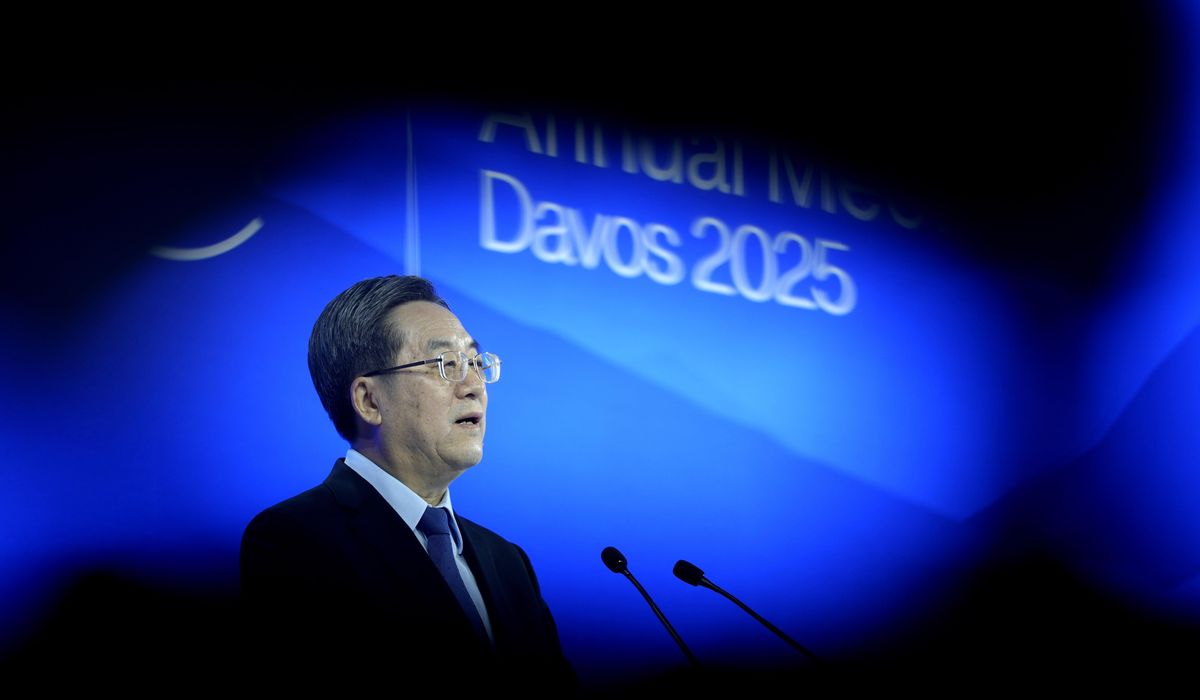


A survey of 52 senior Chinese scientists and officials engaged in artificial intelligence work reveals that more than 16 are former Microsoft and other U.S. tech company computer experts and about half studied at American universities.
The survey by The Wire China newsletter highlights the downside of the 40-year U.S. policy of unfettered engagement before China was downgraded by the federal government in 2016 from nonthreatening power to strategic competitor and adversary.
Eight of 22 of the Chinese AI companies employing the experts are under sanctions from the U.S. government for their work with the Chinese military or their role in the repression of minority Uyghurs in western China.
The Chinese AI industry overall is growing rapidly and, with substantial state support, is working to overtake American AI models — despite U.S. government efforts to block advanced microchips used in its supercomputers from being exported to China.
“Around half [of China’s AI experts] pursued graduate education in the West, while 16 have previously worked at Microsoft in some capacity in the United States or China; two have relinquished their U.S. citizenship,” the report said.
The most senior Chinese Communist Party official in the group is Ding Xuexiang, a close aide to President Xi Jinping and a member of the party’s seven-member Politburo Standing Committee. Mr. Ding is also the most senior leader in China for AI development and head of the Central Science and Technology Commission set up in 2023 to coordinate tech development.
Other names in the survey have clear ties to American corporations and research institutions: Jiang Daxin, chief executive of Shanghai-based open-source model company StepFun AI, spent 16 years working for Microsoft and holds a computer science degree from the University of Buffalo. That school also trained Robin Li, chief of Beidu and its AI arm, ERNIEBot.
Another former Microsoft computer scientist, Kai-Fu Lee, is chief executive of 01.AI, and also worked for Apple and Google. A naturalized U.S. citizen originally from Taiwan, Mr. Lee holds a doctorate from Carnegie Mellon University and gave up his American citizenship in 2011.
Another Carnegie Mellon computer scientist, Lu Qi, is the founder of MiraclePlus, which is helping Chinese AI firms. Mr. Lu worked for Microsoft and Yahoo and was recruited to work for OpenAI by company head Sam Altman.
Lin Dahua, the co-founder and chief scientist for AI infrastructure for SenseTime, received a doctorate in computer science from the Massachusetts Institute of Technology. Qi Yuan, dean of the Institute of Artificial Intelligence Innovation and Industry at Fudan University, holds a doctorate in machine learning from MIT.
Former longtime Microsoft robotics expert Harry Shum now works with Hong Kong University of Science and Technology, and holds a doctorate in robotics from Carnegie Mellon University. Carnegie Mellon also trained two other Chinese AI leaders.
Another former Microsoft technologist is Tian Qi, chief scientist at Huawei Terminal BG, Huawei Technologies AI unit.
Wang Zhongyuan, head of the state-controlled Beijing Academy of Artificial Intelligence, was a researcher for Microsoft Research Asia and Facebook.
The survey was derived from corporate documents, government statements, scholarly articles and media reports.
“The United States has not sanctioned any of the individuals on this list, and just one of the ten state-backed research institutions that appear,” the report said.
The report followed the stunning disclosure that the Chinese AI app DeepSeek was developed an AI model for a fraction of the cost of its U.S. counterparts. DeepSeek chief Liang Wenfeng also owns a hedge fund called High-Flyer that funds the AI app.
• Bill Gertz can be reached at bgertz@washingtontimes.com.
